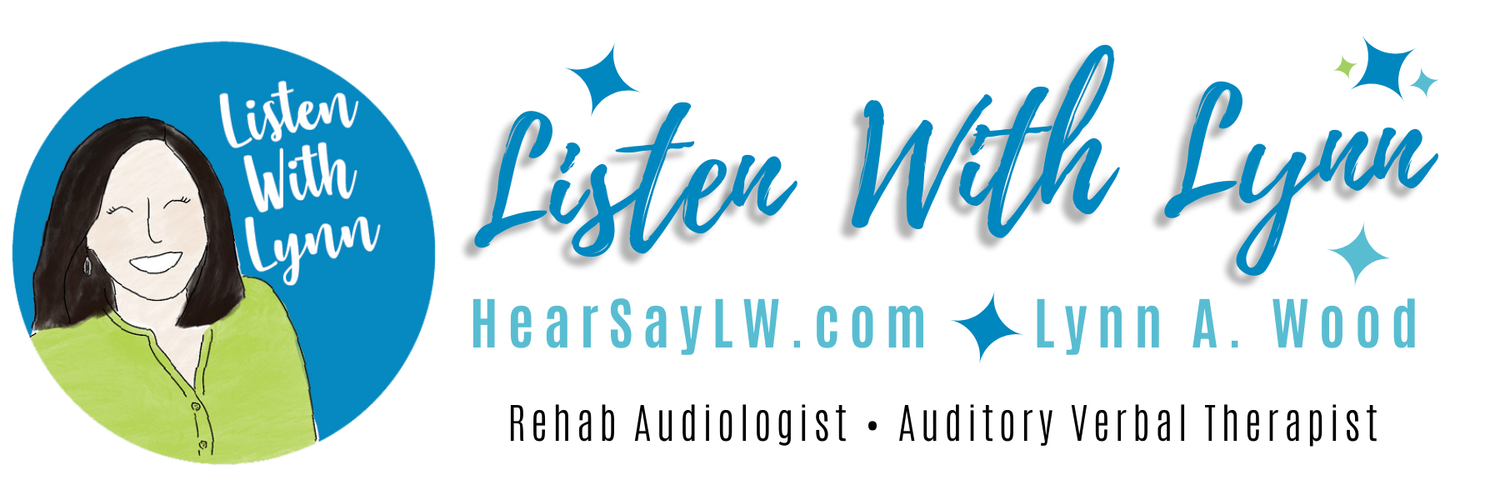Summer of Silence - Click HERE to read.
November 29, 2016
Urban Plains
Sydney Price, one of my Auditory Verbal graduates is a Senior at Drake University in Des Moines, Iowa. She writes the story of while studying abroad in Italy her cochlear implant failed. Health insurance left her in limbo and she experienced a summer of silence and struggled with her identity. Her article is an awe-inspiring first-hand account of her journey from hearing to deafness to re-implantation.
“Not every deaf person gets to say they took their hearing for granted. I did.” writes Sydney.
Sydney began AVT as an infant and continued in therapy for many years. We kept in touch over the years and she returned for Auditory Rehabilitation this summer after being re-implanted due to her cochlear implant device failure.
Sydney is on the left enjoying a Summer Family Picnic with
my Hearing Connections Group back in the 90's
I love her quote,
“I didn’t just need a slew of audiologist appointments to test if I could hear.
I needed auditory rehabilitation to help retrain my brain
so I could understand what I was hearing.”










